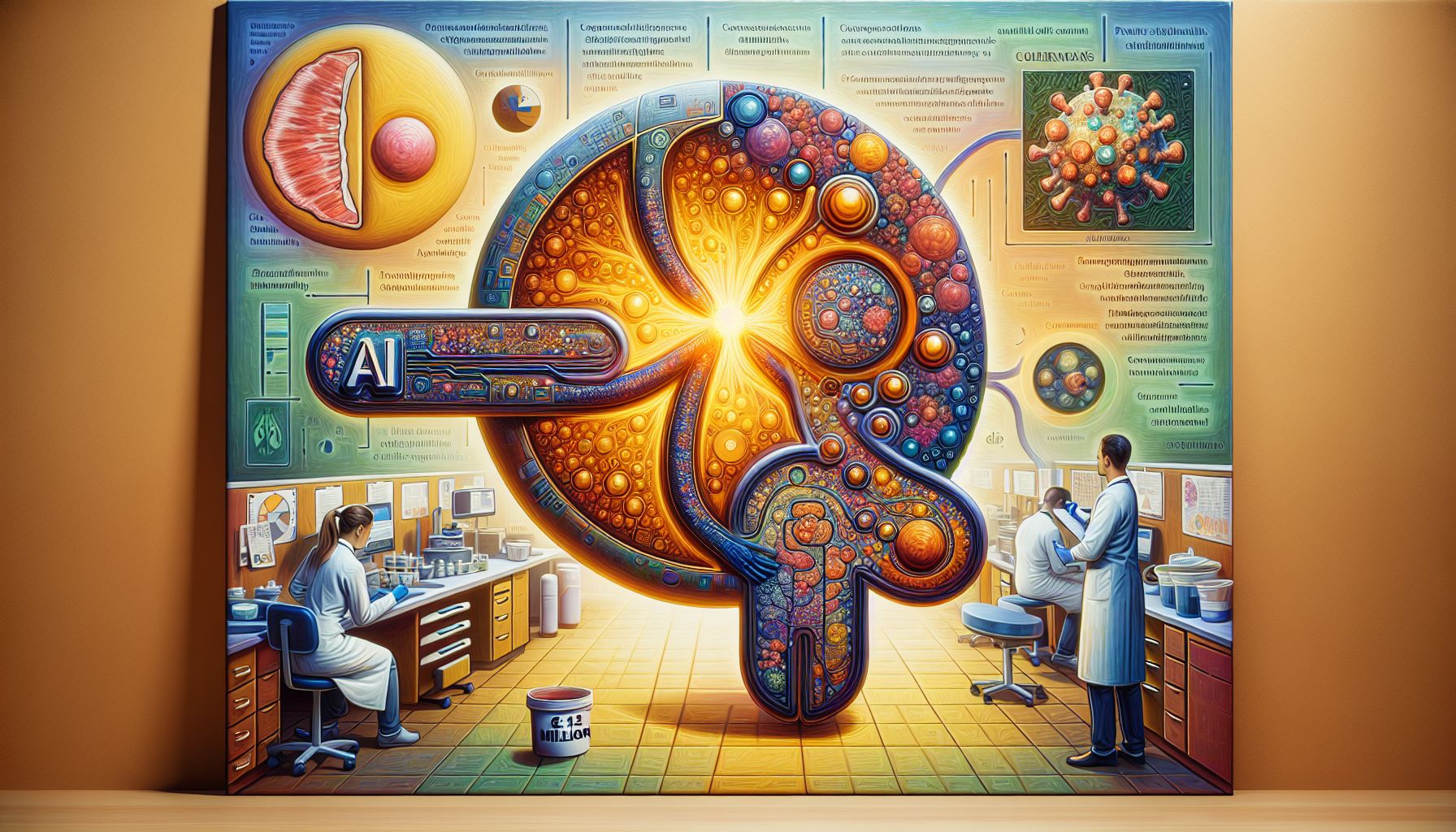AI Breakthrough in Colorectal Cancer Detection Receives €1.2 Million Funding

Amsterdam, Monday, 26 August 2024.
WSK Medical and IMP Diagnostics have secured €1.2 million in Eurostars funding to develop an AI solution for automated analysis of colorectal cancer tissue. This innovative technology aims to improve the accuracy and efficiency of cancer diagnosis by automating the evaluation of tumor-stroma ratio, a crucial prognostic indicator. The project addresses the growing global impact of colorectal cancer and the current challenges in pathological assessments.
The Problem with Current Diagnostics
Colorectal cancer is the third most commonly diagnosed cancer globally and the second leading cause of cancer-related deaths, according to the International Agency for Research on Cancer (IARC). The current method of evaluating the tumor-stroma ratio (TSR) in colorectal cancer tissue is labor-intensive and subject to inter-observer variability among pathologists. This variability can lead to inconsistencies in diagnosis and treatment planning, ultimately affecting patient outcomes.
How the AI Solution Works
The AI solution being developed by WSK Medical and IMP Diagnostics leverages advanced algorithms to automate the TSR evaluation process. This involves the use of artificial intelligence to analyze histopathological images of colorectal cancer tissue. The AI algorithms are designed to accurately quantify the TSR, which is a significant histological parameter with prognostic value. By automating this process, the AI system aims to reduce the time and effort required for manual analysis, thereby improving diagnostic accuracy and consistency.
The Companies Behind the Innovation
WSK Medical, based in the Netherlands, and IMP Diagnostics, located in Portugal, are the key players behind this groundbreaking project. The Eurostars funding of €1.2 million will enable these companies to accelerate the development and commercialization of their AI-based TSR evaluation software. Marius Wellenstein, CEO of WSK Medical, expressed his excitement about the funding, stating, ‘We are thrilled to receive the Eurostars subsidy for this project.’ Isabel Macedo Pinto, CEO of IMP Diagnostics, added, ‘Our mission is to innovate by developing AI tools that enhance the diagnostic capabilities of pathologists and improve patient care.’
Potential Benefits and Future Applications
The primary benefit of this AI solution is its potential to significantly improve the speed and accuracy of colorectal cancer diagnoses. By reducing the workload on pathologists and minimizing inter-observer variability, the AI system can lead to more consistent and reliable diagnostic outcomes. Additionally, the technology has the potential for application in other types of cancer, making it a versatile tool in the fight against cancer. The project will undergo multiple validation studies to ensure its clinical applicability and accuracy before being submitted for In-Vitro Device Regulation (IVDR) approval in the EU.
Global Impact and Future Prospects
The development of this AI solution comes at a crucial time, as the global burden of colorectal cancer continues to rise. Early and accurate diagnosis is key to effective treatment and improving patient survival rates. The success of this project could pave the way for similar innovations in other areas of oncology, potentially transforming cancer diagnostics on a global scale. As AI technology continues to advance, its integration into medical diagnostics promises to enhance the capabilities of healthcare providers and improve patient outcomes.

